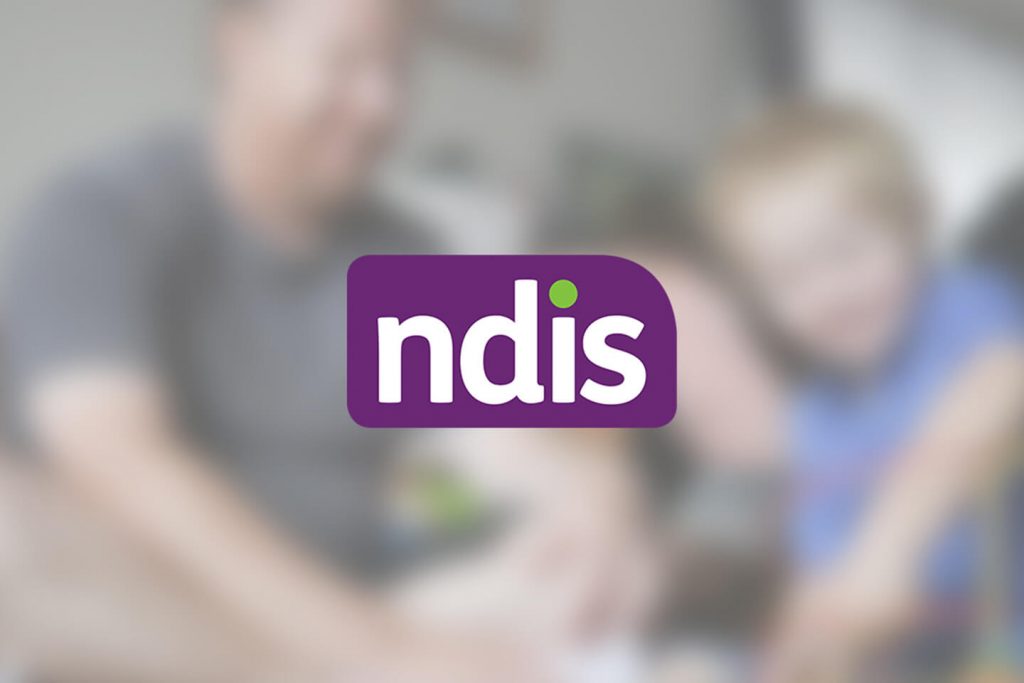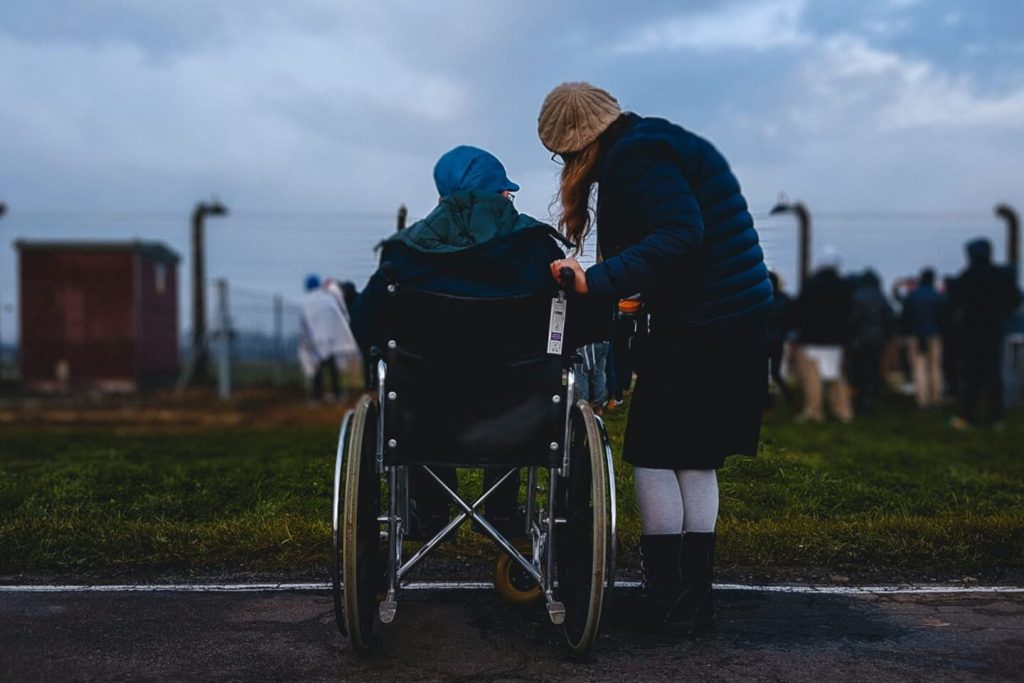Cerebral Palsy

How a Disability Carer can support my child with Cerebral Palsy
It can be challenging for a parent of a child with Cerebral Palsy to maintain their mental and physical health. They require sleep, exercise, and personal time to emotionally and physically cope with the day-to-day demands of caring for someone unable to care for themselves. A Disability Carer can alleviate parents of these duties, allowing them to focus on their own needs.
What is Cerebral Palsy?
Cerebral Palsy is a mobility disability caused by a congenital brain development problem. It is usually diagnosed in early childhood, with the first symptoms appearing during or soon after infancy. Cerebral palsy affects around 34,000 Australians and 17 million persons globally.
Cerebral palsy symptoms can vary greatly, and no two individuals are the same. Some people with cerebral palsy have minimal physical symptoms and normal cognition, but others may be unable to walk on their own, have swallowing issues, intellectual disabilities, blindness, seizures and/or deafness.
How a carer can help
People who live with cerebral palsy might benefit greatly from disability services and the aid of a disability carer. A carer can support them in meeting their daily needs, such as dressing and personal hygiene; they can also assist in the use of mobility devices, such as wheelchairs, to allow them to move around more freely.
Finding suitable carers who are experienced in providing support and assistance at home is essential for families caring for a child with cerebral palsy. Children who live with Cerebral Palsy often require intensive medical treatment, special therapies and constant supervision, which requires additional time and effort from parents or other family members. When you have your own hectic schedule, it might be difficult to work, so having some extra help will relieve a lot of stress!
National Disability Insurance Scheme eligibility
Cerebral Palsy is eligible for the NDIS. The NDIS categorises disabilities to help people evaluate their eligibility for payment. If your impairment is listed in List A, you are very likely to be eligible for funding. Cerebral palsy is regularly listed in List A, but only if it is severe (e.g., graded as Level 3, 4, or 5 on the Gross Motor Function Classification System – GMFCS).
If your child’s cerebral palsy has not been assessed as severe and therefore does not fulfil the requirements for List A, it will be classified as a List B disability, requiring a second functional evaluation before being eligible for the NDIS.
Direct Care Australia are experts in NDIS supports and services, specialising in a range of NDIS funding supports and services in South Australia. If you need any further assistance, contact Sharon Miller or Cristina Bruno on 0410 620 170 or 1300 122 730 or via email at to discuss how we can support you to access supports or assistive technology.



